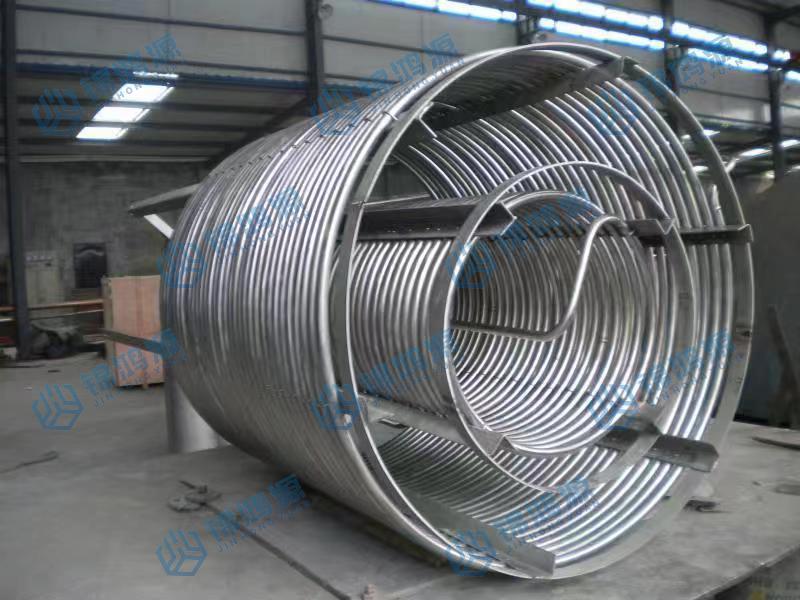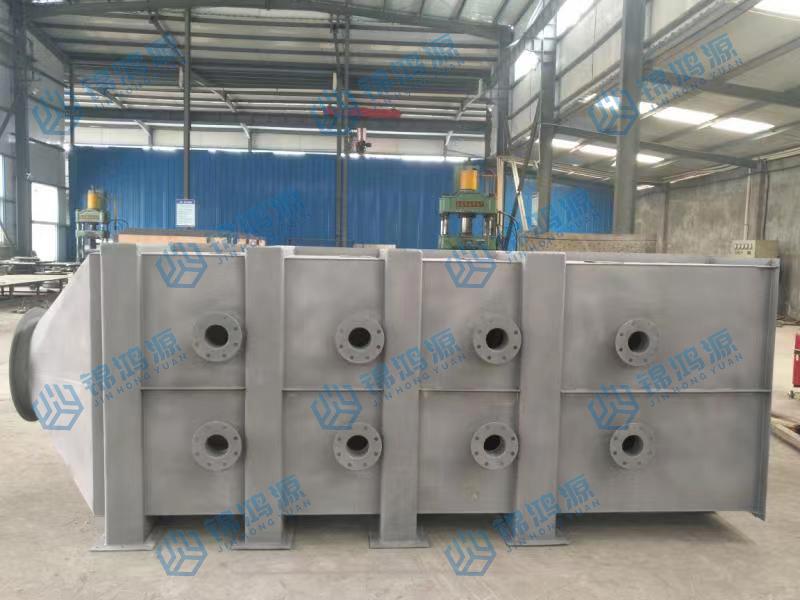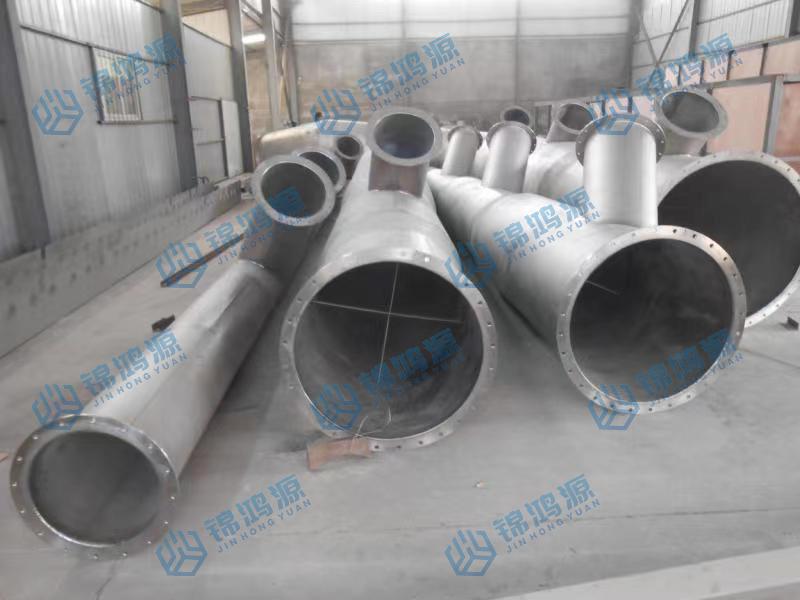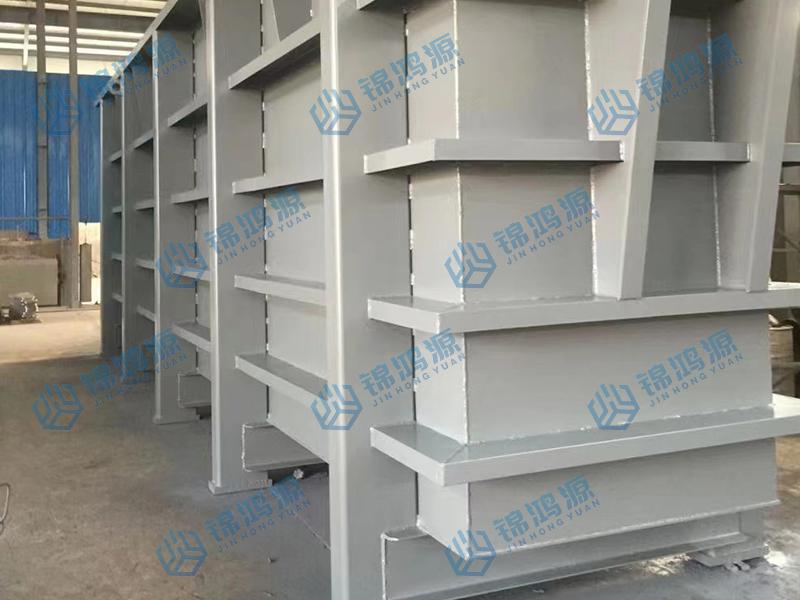
<strike id="aioiu"></strike>
<ul id="aioiu"></ul> 





Titanium equipment is a corrosion-resistant metal, but in some oxidizing media, as the temperature and concentration of the medium change, the surface of titanium can undergo oxidation and produce violent spontaneous combustion reactions, leading to combustion and explosion accidents. Therefore, before using titanium equipment, it is necessary to have a detailed understanding of the characteristics of the medium used. It is strictly prohibited to expose titanium to a strong oxidizing environment completely free of water, otherwise it is prone to oxidation and violent spontaneous combustion reactions. Therefore, it is strictly prohibited to use titanium equipment in the following media:
1. Fuming nitric acid with a concentration greater than 98% or containing more than 6% free nitrogen dioxide.
2. Dry chlorine gas with a moisture content of 0.1-0.3%.
3. Liquid oxygen and certain aqueous solutions with high partial pressure of oxygen. (Titanium has impact sensitivity in liquid oxygen, with a pressure of 0.35MPa, it will self ignite at room temperature).
4. Methanol, trichloroethylene, liquid nitrogen tetroxide, molten metal salts, carbon tetroxide, urinary pyridine, oxygen, bromine vapor, etc.
5. Hydrogen (Hydrogen has a hydrogenation effect on titanium, causing it to absorb hydrogen and produce hydrogen embrittlement).
6. Titanium is not resistant to corrosion in certain media, such as hydrofluoric acid, fluorosilicic acid, hydrochloric acid with a concentration higher than 3%, fuming nitric acid, sulfuric acid with a concentration higher than 4%, and boiling formic acid without inflation.
7. Gap corrosion is prone to occur in chloride solutions.
8. The temperature at which titanium is used in caustic soda and other high concentration alkaline solutions should be ≤ 93 ℃.
During the operation of equipment, the speed of pressure and temperature changes should be strictly controlled to avoid sharp pressure and temperature changes as much as possible.

<ul id="k2a2k"></ul> 

